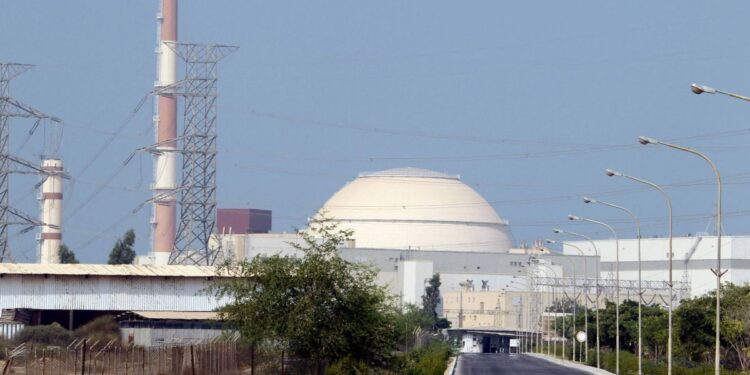The director general of the International Atomic Energy Agency (AIEA), Rafael Grossi, launched a solemn warning Friday in the face of the major risks that any attack targeting the Nuclear Power Center, in southern Iran.
Intervening by videoconferencing before the United Nations Security Council, Grosi qualified Iranian nuclear site Bouchehr “where the consequences of a strike would be the most serious”, adding that it has been recently contacted by several countries of the region demonstrating their great concern in the face of a possible escalation.
“A direct attack on the power plant would lead to an extremely high level of radioactivity in the environment,” he warned. Bouchehr, which houses thousands of kilograms of nuclear materials, has only two main power lines. If these lines were to be damaged or destroyed, this could cause a fusion of the heart of the reactor, generating large -scale radioactive contamination.
In the worst scenarios, Grosi spoke of the need for emergency measures such as the evacuation of populations, sheltering or administration of stable iodine, the effects that can extend over several hundred kilometers.
The head of the IAEA also expressed concern about the security of the Tehran nuclear research reactor. “An attack on this installation could have serious consequences for the capital and its inhabitants,” he said, calling for extreme vigilance.
Rafael Grossi concluded by reaffirming the commitment of the IAEA to ensure constant follow -up of the situation, to inform in complete transparency about the state of nuclear installations in Iran and to alert on the health and environmental risks that any military action could cause.








